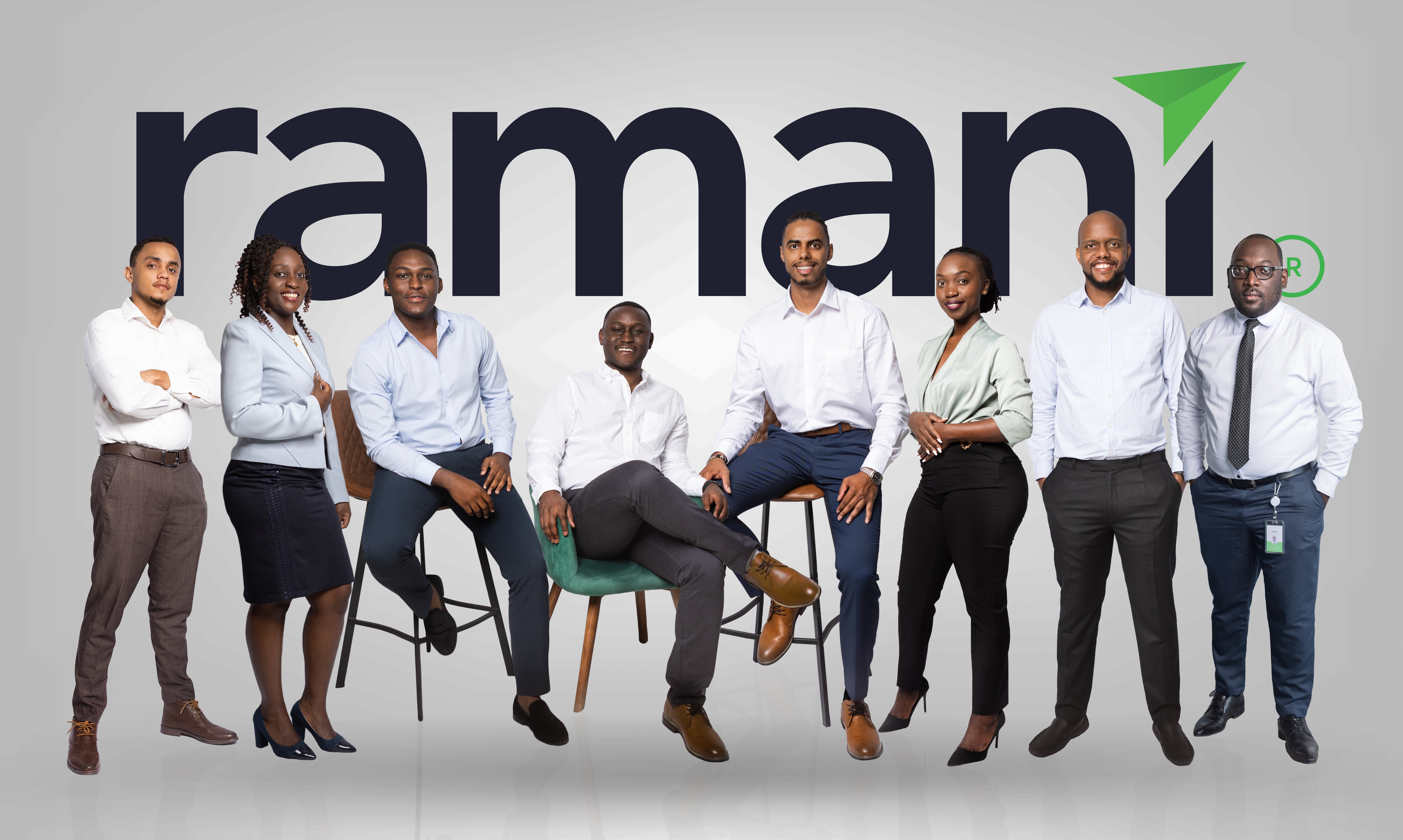Due to Kenya’s long-standing dominance of tech innovation in the East African region, Tanzania is not regarded as a typical destination for VC-backed startups to launch or operate their businesses. The country is more known for tourism and hospitality than for tech innovation. However, that is changing.
In August, the government of Zanzibar and Wasoko (Africa’s fastest-growing company according to the Financial Times) announced the launch of Silicon Zanzibar. The partnership was meant to attract tech companies to the island and help put Tanzania on the map as a destination for tech innovation through strong incentives.
It seems that the partnership is paying off, as Ramani, a software-as-a-service (SaaS) startup operating in Tanzania, has raised a $32 million Series A equity and debt round. According to the startup, the funds will be used to scale its network of micro-distribution centres (MDCs) and also launch a new micro-credit offering for select MDCs. The Series A equity round was led by Flexcap Ventures and Jared Schreiber, an angel investor. Ramani did not disclose investors in its debt round.
Founded in 2019 by Kibet Martin
On a call with TechCabal, Iain Usiri, a cofounder and the CEO, told TechCabal that Ramani’s approach was inspired by the success that MDCs currently have in Tanzania. He said that through research, the startup was able to come up with tailored solutions that would help supercharge these distribution centres with technology and other services.
Global giants like Coca-Cola and Pepsi have used these MDCs to reach the millions of ‘mom-and-pop shops’ on the continent, but just like Amazon, they have struggled with access to actionable data that might help their production planning, marketing, and inventory management. Ramani is providing a solution to these companies through its POS mobile application that stores outflow sales data on the cloud, its warehouse management software that tracks inventory, and its procurement software that tracks the inflow of goods.
Ramani’s key monetisation strategy is based on lending down to the MDCs, and the startup currently has 100 active MDCs on its platform. According to Usiri, the startup saw a 68% month-on-month growth last year and has seen a 36% month-on-month growth this year. By leveraging the platform, MDCs in Ramani’s network have been able to grow their revenues by at least 20% since subscribing, and have sold $72 million worth of goods through Ramani.
According to Usiri, the startup also has plans to expand across the continent, and there are plans to build a cloud network, which will be another source of revenue. “We have liabilities in dollars, and so we need countries with conducive macroeconomic environments that allow us to operate and also pay those debt liabilities profitably,” he said.
However, these expansion plans are being shelved until the startup’s Series B round. “The exceptional macroeconomic environment in Tanzania has convinced us to focus here for the next 12 to 18 months and build a strong base until we hit our Series B milestone. Then when we’re scaling across Africa, the macroeconomic factors are what’s going to be the main one of top indicators for where we go next,” Usiri added.
Speaking on the raise, Andrew Vigneault, co-founder and general partner of Flexcap Ventures, said, “The CPG industry in Africa is being systematically transformed by Ramani’s huge ambition for a vastly improved and more efficient supply chain. It has been a pleasure to witness Ramani’s success and traction so far and we are certain the company will continue to achieve market-leading growth, fueled by a strong leadership team with exceptional technical expertise.”





















